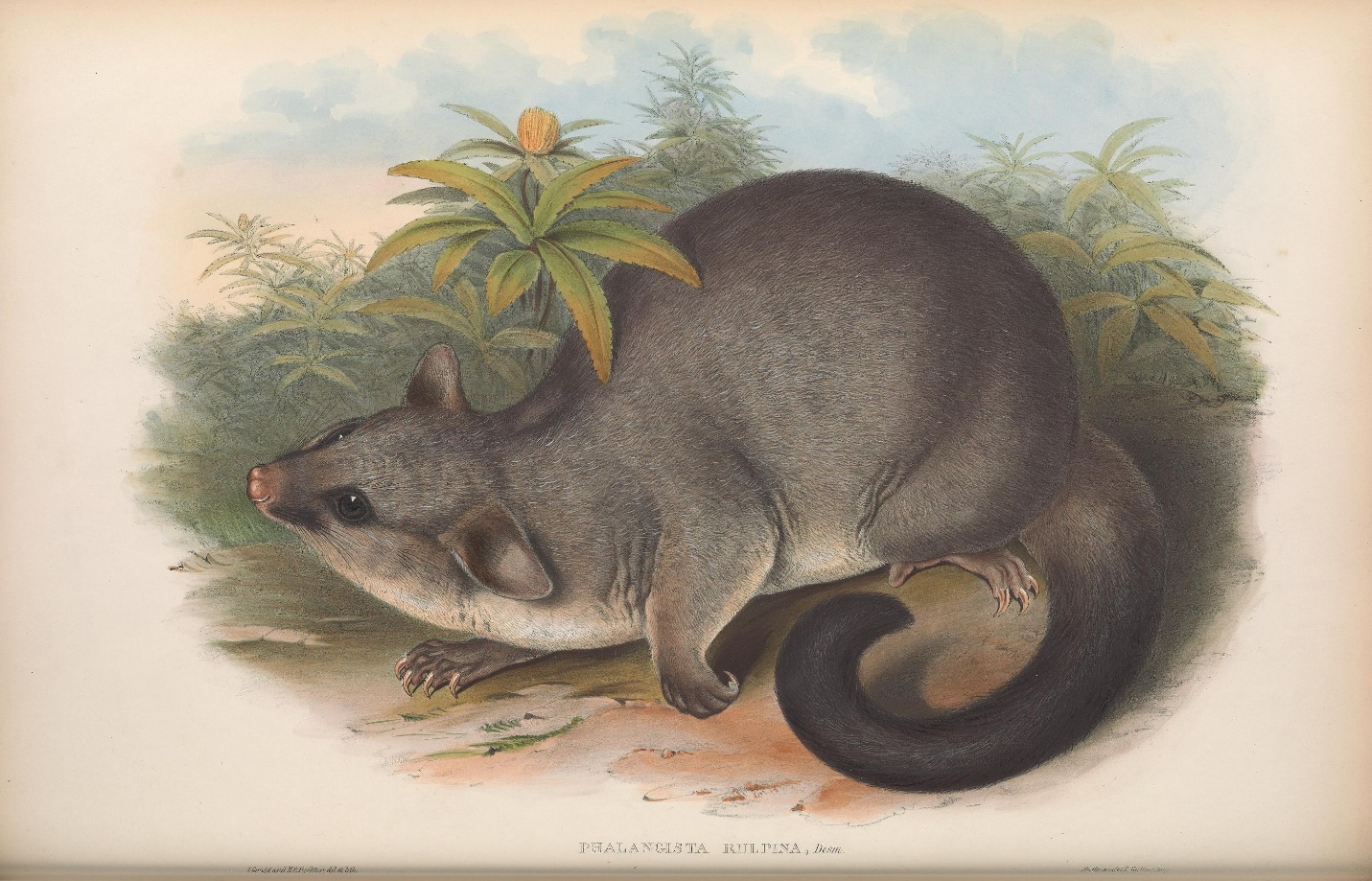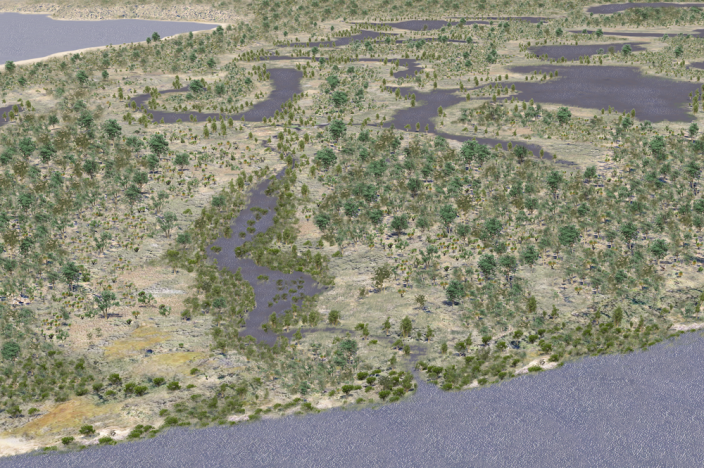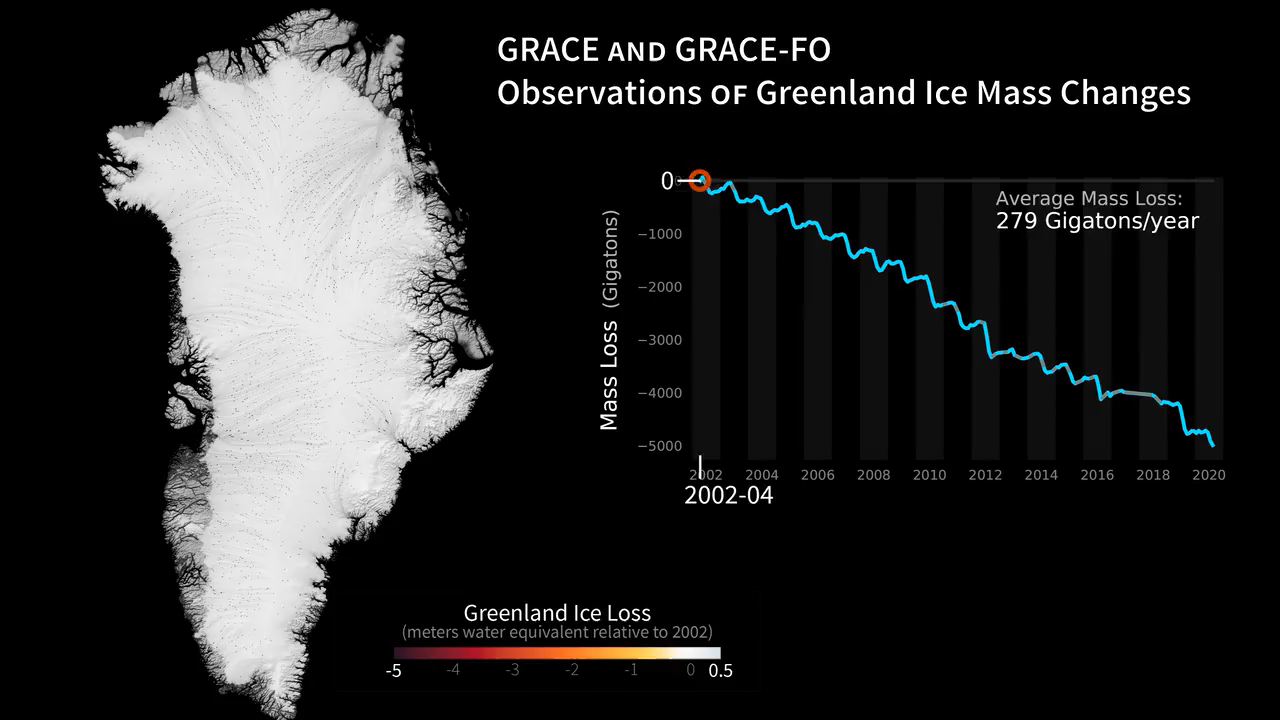Volume 17 Number 3
The Digital Environmental Humanities (DEH) in the Anthropocene: Challenges and Opportunities in an Era of Ecological Precarity
Abstract
Researchers in the complementary fields of the digital humanities and the environmental humanities have begun to collaborate under the auspices of the digital environmental humanities (DEH). The overarching aim of this emerging field is to leverage digital technologies in understanding and addressing the urgencies of the Anthropocene. Emphasizing DEH’s focus on natural and cultural vitality, this article begins with a historical overview of the field. Crafting an account of the field’s emergence, we argue that the present momentum toward DEH exhibits four broad thematic strains including perennial eco-archiving; Anthropocene narratives of loss; citizen ecohumanities; and human-plant-environment relations. Within each of the four areas, the article identifies how DEH ideas have been implemented in significant projects that engage with, envision, re-imagine, and devise communities for environmental action and transformation. We conclude with suggestions for further bolstering DEH by democratizing environmental knowledge through open, community-engaged methods.
Introduction
- Perennial eco-archiving (through the work of the Long Now Foundation)
- Anthropocene narratives of loss (What is Missing?)
- Citizen ecohumanities (Atlas of Living Australia)
- Human-plant-environment relations (Native American Ethnobotany Archive)
DEH in the Anthropocene
Key Developments in the Digital Environmental Humanities: 2011–2016
Theoretical and Methodological Tenets: Technology, Story, Ecology, Temporality
- Evolution
- Engagement: New Voices
- Mediations: New Forms
- Metamorphoses: New Natures
- An Experiment in Collecting and Curating
Perennial Eco-Archiving: Deep Time Awareness and the Longue Durée of DEH
Anthropocene Narratives of Loss, Recovery, and Hope: Engendering Affect
Accompanied by an image of the species from Royal Botanic Gardens, Kew, the narrative of Wood’s cycad implicates colonialism in botanical extinctions globally [Schiebinger 2007]. There is also the account of the Franklin tree (Franklinia alatamaha), native to the state of Georgia in the U.S. Although extinct since the early-nineteenth century, the tree is now cultivated ornamentally. An illustration from the late-eighteenth century by naturalist William Bartram visually links the decline of the Franklin tree, in part, to widespread colonial prospecting of plant species.In 1895, a single clump of this cycad was discovered by John Medley Wood on the edge of a forest in South Africa. In 1903, Wood sent his deputy, James Wylie, to collect some of the smaller offsets for cultivation in the Durban Botanic Garden, where they survive to this day…It is not known what drove Wood’s cycad to extinction in the wild, or indeed if it ever was abundant. [What Is Missing? 2021]
Citizen Ecohumanities: Crowdsourcing, Community Co-Production, and DEH
Human-Plant-Environment Relations: Digital Stories from the Botanical Humanities
Conclusion: Bolstering the Digital Environmental Humanities
Acknowledgements
Works Cited
Recommendations
DHQ is testing out three new article recommendation methods! Please explore the links below to find articles that are related in different ways to the one you just read. We are interested in how these methods work for readers—if you would like to share feedback with us, please complete our short evaluation survey. You can also visit our documentation for these recommendation methods to learn more.
SPECTER Recommendations
Below are article recommendations generated by the SPECTER model:
- Now is the Future Now? The Urgency of Digital Curation in the Digital Humanities, 2013, Alex H. Poole, University of North Carolina at Chapel Hill
- Review of Sean Cubitt’s Finite Media: Environmental Implications of Digital Technologies, 2020, Richard Snyder, Washington State University
- The Digital Future is Now: A Call to Action for the Humanities, 2010, Christine L. Borgman, Professor & Presidential Chair in Information Studies, UCLA
- Humanities Computing as Digital Humanities, 2009, Patrik Svensson, Umeå University
- Organic and Locally Sourced: Growing a Digital Humanities Lab with an Eye Towards Sustainability, 2020, Rebekah Cummings, University of Utah; David S. Roh, University of Utah; Elizabeth Callaway, University of Utah
DHQ Keyword Recommendations
Below are article recommendations generated by DHQ Keywords:
- Making the Whole Greater than the Sum of its Parts: Taxonomy development as a site of negotiation and compromise in an interdisciplinary software development project, 2023, Jennifer C. Edmond, Trinity College Dublin; Alejandro Benito Santos, University of Salamanca; Michelle Doran, Digital Repository of Ireland; Roberto Therón, University of Salamanca; Michał Kozak, Backbase; Cezary Mazurek, Institute of Bioorganic Chemistry of the Polish Academy of Sciences; Eveline Wandl-Vogt, Austrian Academy of Sciences; Aleyda Rocha Sepulveda, Austrian Academy of Sciences
- Now is the Future Now? The Urgency of Digital Curation in the Digital Humanities, 2013, Alex H. Poole, University of North Carolina at Chapel Hill
- Envisioning the Digital Humanities, 2012, Patrik Svensson, University of Umeå
- "Collaboration Must Be Fundamental or It's Not Going to Work": an Oral History Conversation between Harold Short and Julianne Nyhan, 2012, Harold Short, King's College London and University of Western Sydney; Julianne Nyhan, University College London; Anne Welsh, University College London; Jessica Salmon, University of Trier
- Student Labour and Training in Digital Humanities, 2016, Katrina Anderson, Simon Fraser University; Lindsey Bannister, Simon Fraser University; Janey Dodd, University of British Columbia; Deanna Fong, Simon Fraser University; Michelle Levy, Simon Fraser University; Lindsey Seatter, University of Victoria
TF-IDF Recommendations
Below are article recommendations generated by the TF-IDF Model:
- Beyond the Word: Immersion, Art, and Theory in Environmental and Digital Humanities Prototyping, 2021, Hanna Musiol, Norwegian University of Science and Technology
- Now is the Future Now? The Urgency of Digital Curation in the Digital Humanities, 2013, Alex H. Poole, University of North Carolina at Chapel Hill
- Afro-Indigenous Women Healers in the Caribbean and Its Diasporas: A Decolonial Digital Humanities Project, 2022, Franny Gaede, University of Oregon; Ana-Maurine Lara, University of Oregon; Alaí Reyes-Santos, University of Oregon; Kate Thornhill, University of Oregon
- Sight and Sound: Counter-mapping the U.S.-Mexico Border Crisis, 2022, Lacey Schauwecker, University of Southern California
- Webbots and Machinic Agency, 2012, John Johnston, Emory University






